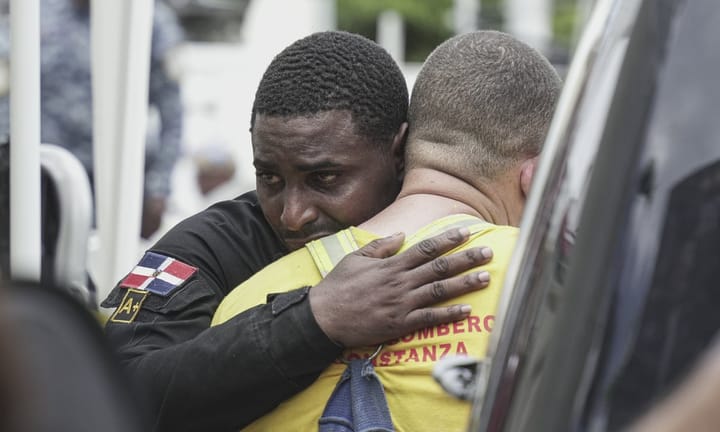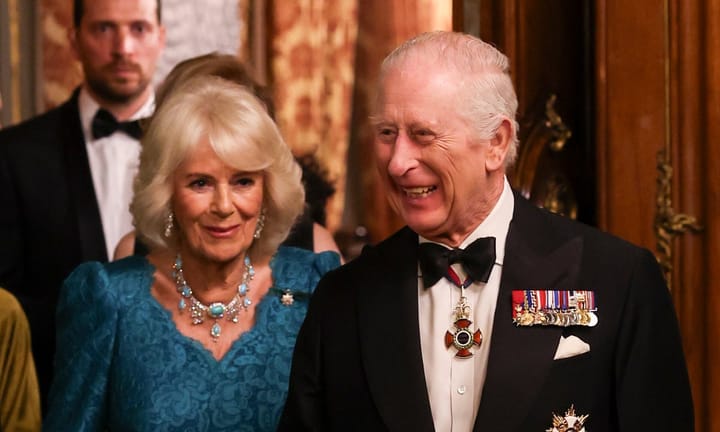An estimated 500 high-ranking Afghan soldiers who battled alongside British forces are now expected to be eligible for resettlement in the UK following a reversal of previous decisions rejecting their applications. New evidence has surfaced, confirming that these at-risk veterans were compensated and employed by the United Kingdom government while stationed in Afghanistan—contradictory information previously unavailable or denied.
In response to this revelation, a review initiated under Conservative governance revealed inconsistencies within approximately 2,000 case decisions related to their resettlement scheme from previous administrations. Minister for the Armed Forces Luke Pollard disclosed in Parliament that urgent reevaluation has been undertaken due to "persistent issues" plaguing Afghan refugee acceptance procedures under prior rule.
Pollard pointed out a problematic approach was taken, affecting around 25% of reviewed cases—expected overturn rate upon the new examination process being applied uniformly across all previous rulings. These veterans have faced extreme peril since Western forces retreated from Afghanistan in summer; some were forced into hiding amidst Taliban control and risk deportation to Pakistan for collaboration with foreign entities, including cases of lethal retribution against Afghans who worked alongside British troops post-withdrawal.
The veterans involved include members serving within the elite units 333 & 444—referred to as Triples due to their distinctive identification system and intimate cooperation with UK military, including special forces like SAS over a span of more than ten years in Afghanistan engagements.
In addition to financial records now proving governmental employment relationships for these elite units (like CF triple three & ATF triple four), the review also shed light on potential conflicts between veterans' testimonies and claims from certain SAS personnel about their operations, thus opening up further complexity in resettlement decisions.
Pollard clarified that there was no intentional effort to deny these Afghans entry into Britain; rather, previous administration discrepancies emerged due to issues with interdepartmental information communication and processing systems within the government—an aspect he emphasized as unsatisfactory and in need of resolution.
The rapid ascension of Taliban forces following an American-led retreat instigated several British initiatives aimed at providing refuge for Afghan allies, including a scheme that has granted temporary stay permits to approximately 12,874 Afghans—with around forty being members from the Triples.
Labour advocates had earlier pressured Conservative leaders into reassessing these cases during their tenure and Pollard acknowledged it was regrettable that such actions took longer than ideal to rectify decisions, stressing on his commitment towards improving this system for future applications—an issue he deemed significant enough not even to wait until after the forthcoming general election.
Read next

Dominican Republic halts rescue efforts following devastating ceiling failure at nightclub incident
Rescue teams in the Dominican Republic on Wednesday concluded their search for survivors following a catastrophic nightclub roof collapse—this marks one of its most tragic disasters over recent years, with confirmed death toll rising beyond 180 individuals within this Caribbean nation.
Authorities announced an additional count of 60 fatalities

Angelica Huston Discloses Past Cancer Diagnosis; Now Fully Recuperated and Clear of Disease
Anjelica Huston disclosed her cancer diagnosis six years ago after the release of her 2019 film John Wick: Chapter 3 – Parabellum. The actress prefers not to divulge specific details about the type of cancer she faced but expressed pride in overcoming this serious health challenge, which required significant changes to

Royal Visit: King Charles and Queen Camilla Surprise Papal Counterpart at Recovery
The British monarch Charles and his consort Camilla paid an unexpected visit to Pope Francis during their four-day official trip across Italy.
They met with the pontiff at his residence within Casa Santa Marta inside Vatican City where he recovers from a severe lung infection caused by pneumonia, which had

